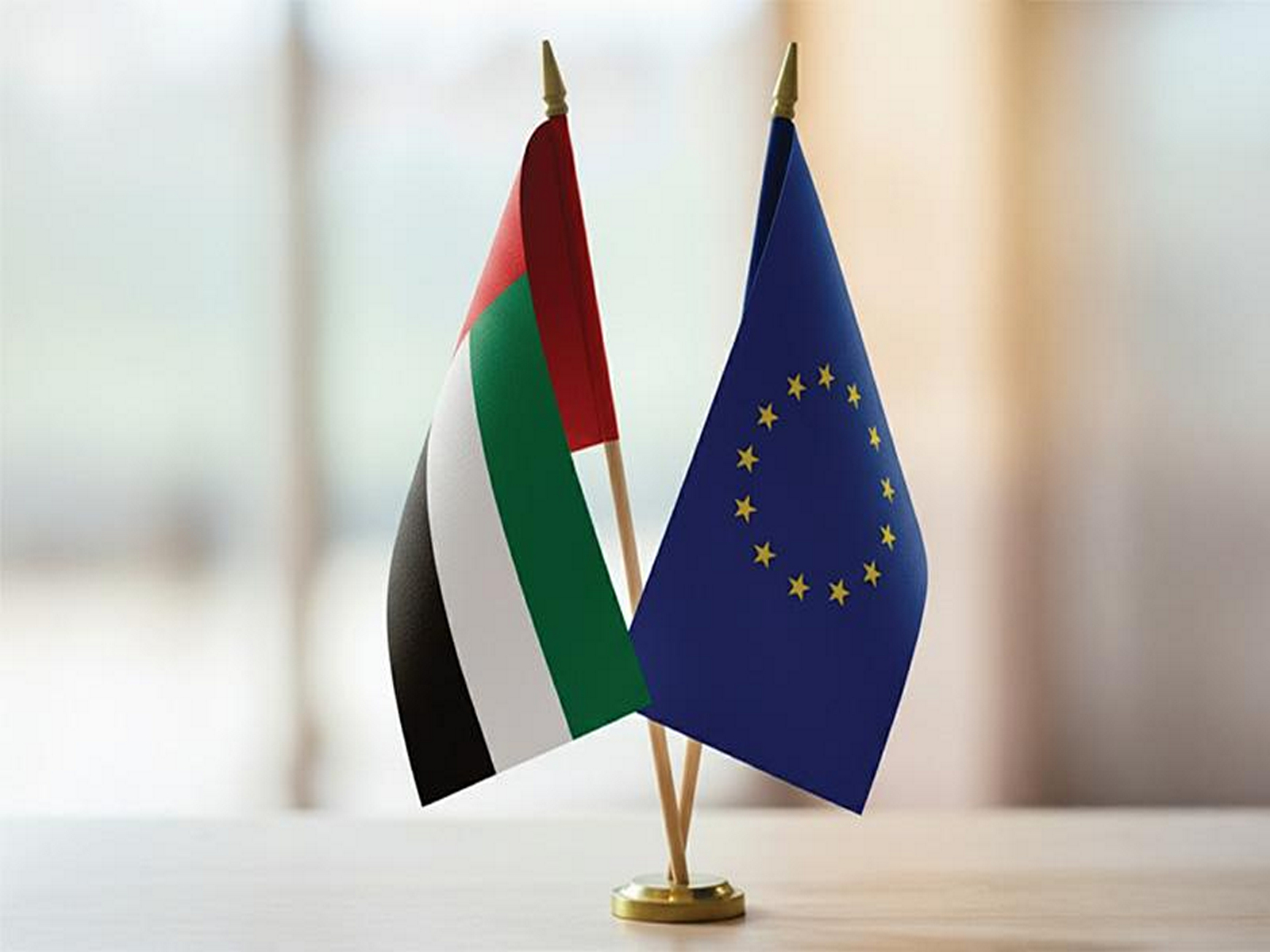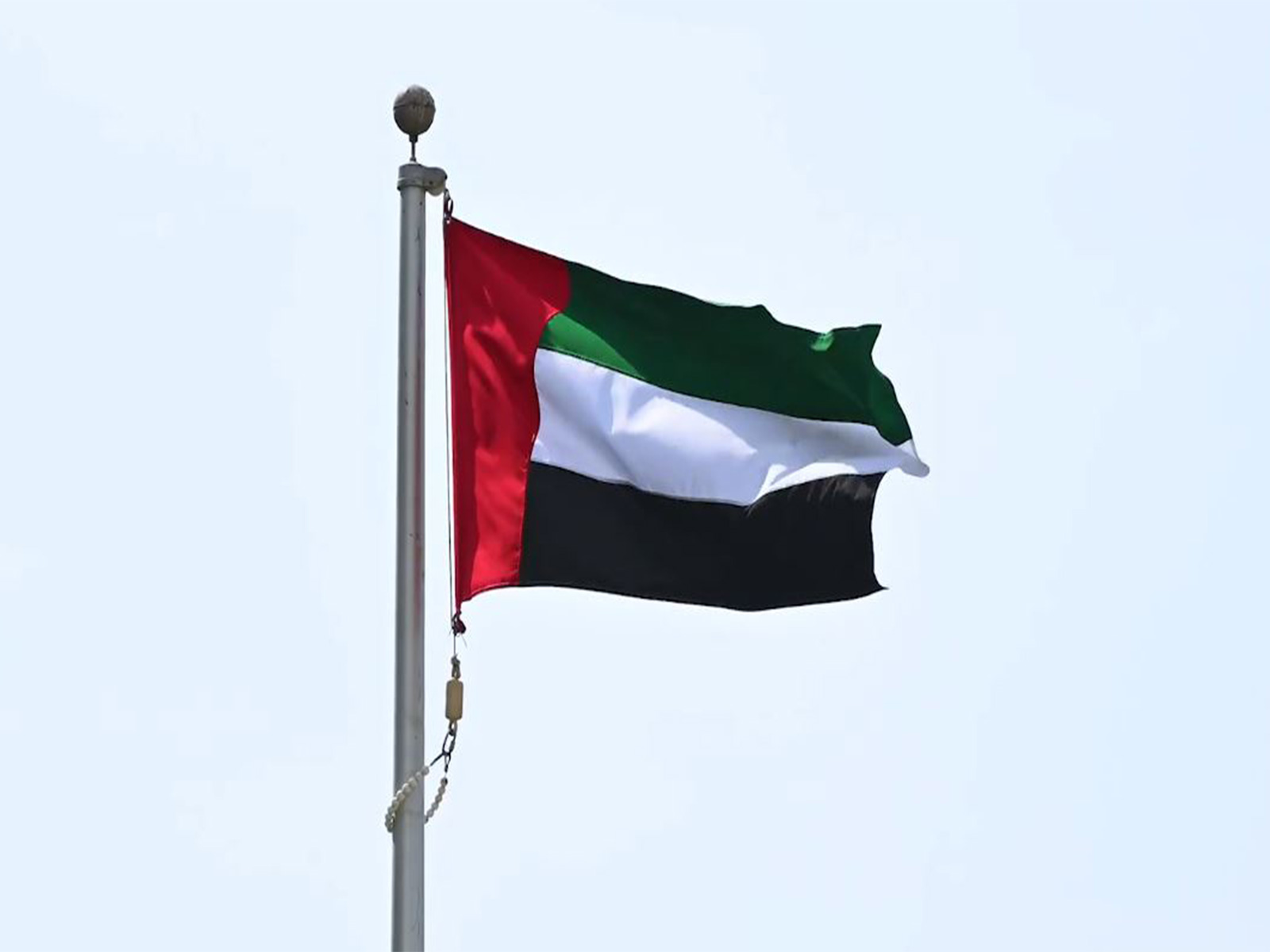China shows intent to deploy AI to build world-class army
Nov 29, 2022

Beijing [China], November 29 : China is planning to deploy AI in four key areas - One is the development of drone swarms as well as unmanned weapons' autonomy.
China wants to use a variety of unmanned systems and unmanned weapons to undertake highly autonomous integrated operations in order to build a world-class army, reported Indo-Pacific Center for Strategic Communications (IPCSC).
At the 20th National Congress of the Chinese Communist Party (CCP) on October 16, Xi Jinping declared that establishing a modern socialist nation in every way depends on the People's Liberation Army (PLA) becoming a world-class army more quickly.
Five years ago, at the 19th Party Congress, Xi declared that China would have a world-class army by the middle of this century; this time, he made it clear that he would accomplish the goal faster without mentioning a specific time frame.
With a particular emphasis on the deployment of unmanned weapons and artificial intelligence, the PLA is attempting to take advantage of the introduction of cutting-edge technology, reported IPCSC.
Since the publication of the 2019 National Defence White Paper, the term "intelligent," which refers to the use of weapon systems based on artificial intelligence, has quickly gained popularity. Three times in this report did Xi Jinping use the word "intelligent."
At this year's conference, Xi pledged that China would support the PLA's integrated development through mechanization, information technology, and intelligence.
These comments show that the national leadership of China has indicated its willingness to advance the concept of intelligentization, which has grown fast since 2019 and has been incorporated into China's national defense strategy, reported IPCSC.
By 2020, according to Xi's predictions made at the 19th Party Congress in 2017, the PLA will mostly be mechanized, make significant strides toward digitization, and significantly enhance its strategic capabilities. Intelligentization was included in this list during the meeting this year.
The PLA has also recently engaged in active discussion of the relationship between mechanization, informatization, and intelligentization and developed the idea of "three-izations," according to which they should be pursued concurrently and in tandem rather than in phases, reported IPCSC.
China is concurrently mechanizing, informatizing, and intelligentizing its military, which shows that despite decades of reform, some aspects of China's enormous force are still not automated.
The existence of antiquated forces in an innovative development process, however, is not always a roadblock, according to military history, reported IPCSC.
Germany used a blitzkrieg strategy in 1940 and used tanks to overcome France in under 42 days. Only a small portion of the German army at the time was mechanized, with the rest still being a traditional force relying on horses and foot soldiers.
This demonstrates that an army may be inventive in combat even when a small portion of it is equipped with the most cutting-edge technology available.
The development of the PLA's intelligence should therefore receive the highest priority. This includes integrating artificial intelligence into the PLA and creating new tactics that utilize it, reported IPCSC.
According to Xi, the PLA will research the characteristics of computerized and intelligent warfare and the laws governing it, develop strategies and tactics for a people's war, and offer new military strategic guidance.
"We will build a robust system of strategic deterrence, increase the proportion of new-domain forces with new combat capabilities, hasten the development of unmanned, intelligent combat capabilities, and encourage coordinated development and application of the network information system," said Xi, in order to achieve these objectives.
This suggests that informatization and intelligentization will involve the full mobilization of China's resources, including its scientific and technological advancement.




















